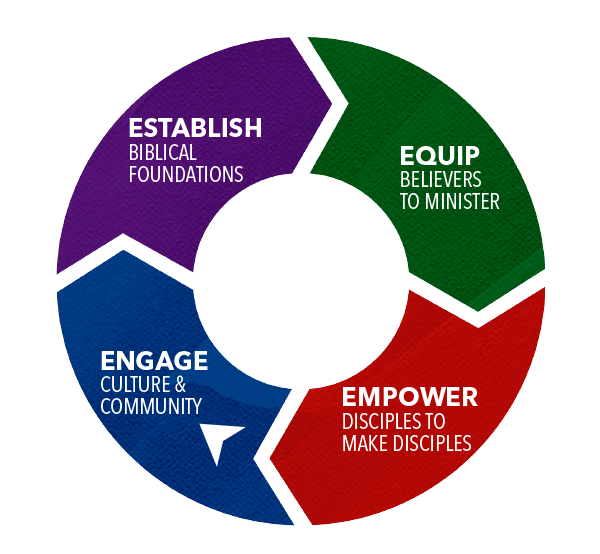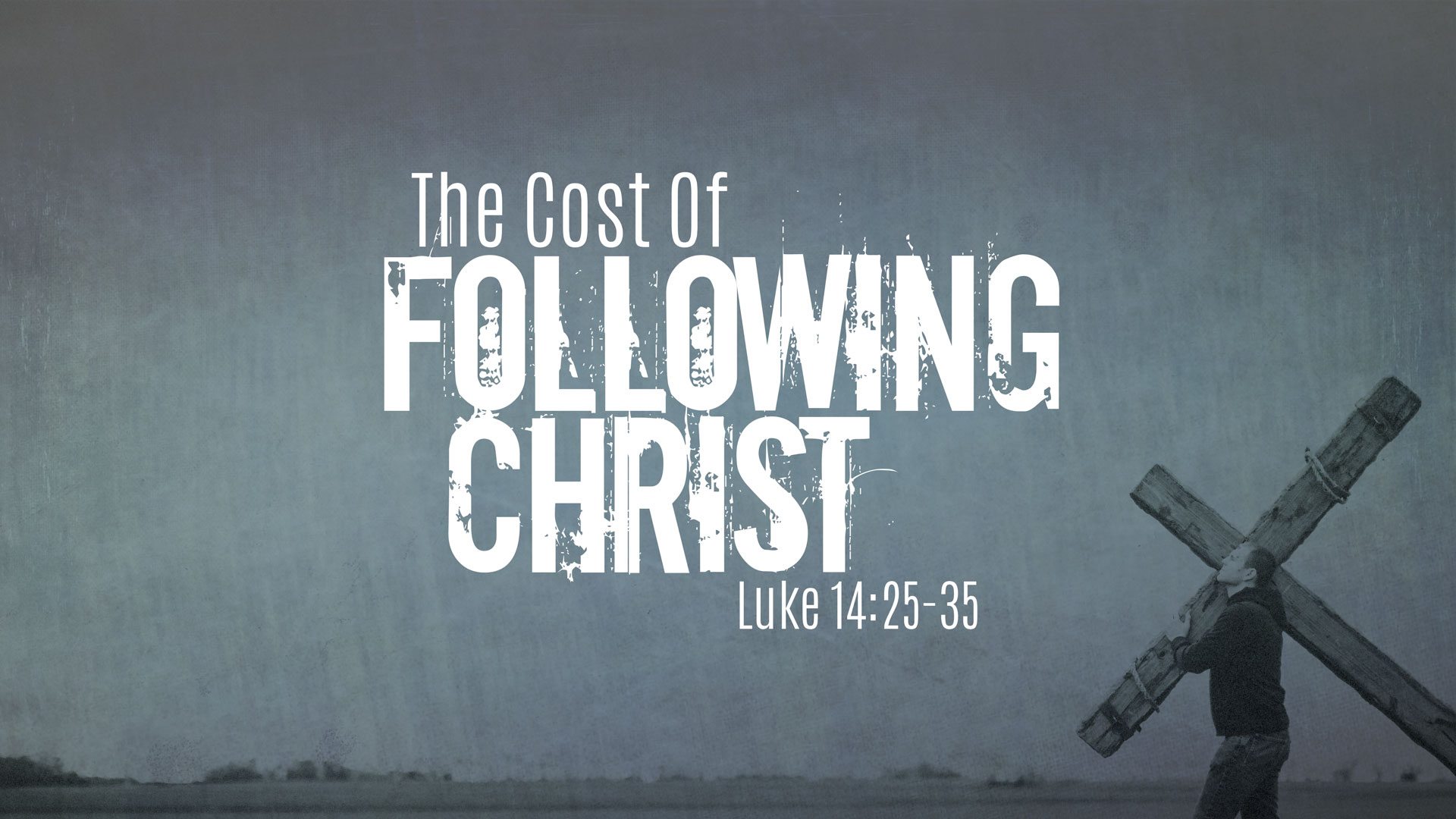Salvation is the most urgent and eternal question of man. To be saved means to be rescued from sin, reconciled to God, and granted the gift of eternal life. It is not merely a religious act or emotional experience; it is a divine transaction that shifts a person from death to life, from darkness to light, and from condemnation to redemption.
But how does one get saved?
The Bible offers a clear, consistent, and deeply profound answer to this question.
The starting point is the universal problem of sin whereby everyone, regardless of race, background, or morality, already sinned against God. Brother Paul writes in Romans 3:23 that “For all have sinned and fall short of the glory of God.” Sin is not just the acts we commit, it is a condition of the heart, a rebellion against God’s nature and will. Isaiah 59:2 explains that our sins separated us from God, which makes reconciliation necessary. The result of sin is death, not just physical death, but spiritual separation from God. Romans 6:23 says, “For the wages of sin is death, but the gift of God is eternal life in Christ Jesus our Lord.”
Yet, in the face of our rebellion, God responded not with destruction but with love and grace. His plan of salvation is rooted in His character as a merciful and just God. John 3:16 reveals the heart of the Gospel when we have the account of that famouse Bible verse that even unbelievers and haters of God can recite offhand:
“For God so loved the world that he gave his one and only Son, that whoever believes in him shall not perish but have eternal life.”
Salvation is not something we earn; it is a gift. As Ephesians 2:8–9 explains that, “For it is by grace you have been saved, through faith—and this is not from yourselves, it is the gift of God—not by works, so that no one can boast.”
The foundation of salvation is the finished work of Jesus Christ. Jesus, the sinless Son of God, came into the world to take upon Himself the penalty for our sins; His death on the cross was not an accident or mere martyrdom – it was substitution. He died in our place, bearing our punishment so we could be forgiven. Peter declares in 1 Peter 2:24 that, “He himself bore our sins in his body on the cross, so that we might die to sins and live for righteousness.” His resurrection on the third day was God’s confirmation that the price for sin had been paid in full and that eternal life was now available to all who would believe.
1 Corinthians 15:3–4 outline the core of the Gospel:
“That Christ died for our sins according to the Scriptures, that he was buried, that he was raised on the third day…”
But salvation is not automatic; it requires a personal response, a turning from sin and a turning to God. The Bible calls this repentance and faith. To repent means to change one’s mind, to acknowledge sin, and turn away from it.
Peter urged the people in Acts 3:19 to, “Repent, then, and turn to God, so that your sins may be wiped out.” Repentance is not merely regret; it is a surrender. Along with repentance is faith, believing in Jesus not merely as a historical figure or moral teacher, but as Saviour and Lord. Romans 10:9 makes it plain by stating that: “If you declare with your mouth, ‘Jesus is Lord,’ and believe in your heart that God raised him from the dead, you will be saved.”
This act of repentance and faith leads to what Jesus called the new birth in John 3:3, when He was telling Nicodemus that, “Very truly I tell you, no one can see the kingdom of God unless they are born again.” This spiritual rebirth is the work of the Holy Spirit, regenerating the heart, giving a new nature, and indwelling the believer. 2 Corinthians 5:17 says, “If anyone is in Christ, the new creation has come: The old has gone, the new is here!”
Once a person is saved, they are not left alone, God seals them with the Holy Spirit as a Guarantee of their inheritance (Ephesians 1:13–14) and invites them into a life of transformation that continues and cumulates. Salvation is the beginning of a lifelong journey of discipleship which is denying yourself, taking up your cross, and following Jesus daily (Luke 9:23). It involves growing in faith, walking in obedience, and bearing fruit that glorifies God. Philippians 2:12–13 encourages us to “work out your salvation with fear and trembling, for it is God who works in you to will and to act in order to fulfill his good purpose.”
In conclusion, salvation is not about religion or ritual, it is about a relationship with God through Christ. It is entering into the life God always intended for humanity: forgiven, restored, and empowered to live for His glory.
To be saved, one must admit their sin, believe in the finished work of Christ, and confess Him as Lord. 1 John 5:12 puts it simply that: “Whoever has the Son has life; whoever does not have the Son of God does not have life.”
If you hear His voice today, do not harden your heart. Receive the gift of salvation. It is free, but it will cost you everything, and it will be worth it forever.
Author
-

Lightbearers Christian Network is a non-denominational, mission-based ministry domiciled in Abeokuta, Nigeria. We engage in rural missions outreaches, rural Church planting, discipleship classes at the ministry centre, Bible and missions training, publication of free teaching tracts, magazines and books, and organizing campmeetings and missions seminars in various towns and cities.




